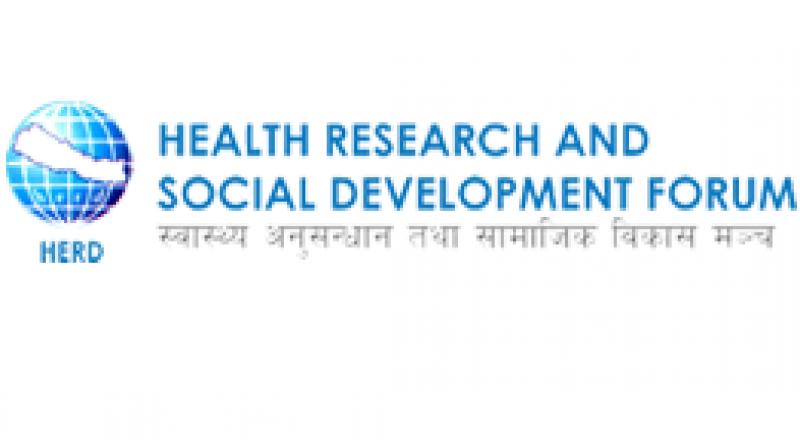About World Humanitarian Day
August 19 marks the World Humanitarian Day. World Humanitarian Day is a great opportunity to get involved and do something to help someone in need. It is a day to pay tribute to all people affected by humanitarian crises and those who lost their lives in humanitarian service.
"World Humanitarian Day is an annual reminder of the need to act to alleviate the suffering. It is also an occasion to honor the humanitarian workers and volunteers working on the frontlines of crises." — UN Secretary-General, Ban Ki-moon.
World Humanitarian Day aims to raise awareness regarding the importance of humanitarian work and seeks to uplift workers to a global scale. It aims to inspire humanitarian work around the world. The general principles of World Humanitarian Day, 2016 are to increase humanitarian effectiveness, reduce vulnerability and manage risks, bring transformation through innovation and serve the needs of people in conflict. Promoting humanitarianism is also vital for achieving the sustainable development goals.
Current Challenges
2016 confronts some of the greatest challenges in our time. It is estimated that more than 130 million people are in need of humanitarian assistance and face difficult choices every day. 60 million are people forced from their homes and more than 37 countries are affected from humanitarian crisis. Approximately 20 billion dollars is protected to be required to aid and assist those in dire humanitarian crisis.
The total number of people affected by natural disasters has risen over the past decade. Women and children are especially affected because of their ongoing struggles with poverty, insecurity, hunger, poor health and environmental decline. There are new and difficult challenges that arise each year that will require more flexible funding and adaptable humanitarian work. The increasing economic crisis and global challenges such as poverty, global health problems, increase prices and the rising number of people on the move, increases the need for humanitarians each year.
Millions of women, men and children need life-saving humanitarian assistance. Existing gender inequalities are a root cause of women’s vulnerabilities in crises. By virtue of their lower economic, social, cultural and political status, the endemic discrimination that women face in education, health care, employment, and control of property, almost inevitably increases their vulnerability in crises and post-disaster situation.
Agenda for Humanity
The Secretary-General's 5 Agendas for Humanity includes;
- Upholding the norms that safeguard humanity,
- Leaving no one behind
- Investing in humanity
- Changing people’s lives by delivering aid and ending needs and
- Encouraging global leadership to prevent and end conflict.
World Humanitarian Summit
The first-ever World Humanitarian Summit took place in Istanbul on May 2016, and was a global call to action by United Nations Secretary-General Ban Ki-moon which intended to revive a commitment to humanity and to the universality of humanitarian principles in times of crisis. Some of the priority issues that were discussed during the Summit included:
- A global approach to manage forced displacement, with an emphasis on ensuring hope and dignity for refugees or internally displaced people
- Empowering women and girls, and catalyzing action to gender equality
- Adapting new approaches to respond to protracted crises and recurrent disasters
- Securing adequate and predictable finance to save lives and alleviate suffering and
- Reinforcing the centrality of protection in humanitarian action and increasing respect for international humanitarian law
Joining Hands together for Humanitarian Action
There is an urgent need to realize a greater sense of responsibility and develop a sense of global community. Heads of state and government, global leaders in business, NGOs and people affected by crises will have to commit to bold new ways to meet the great challenges of today and those of the next generation. The humanitarian community’s ability to respond rapidly, effectively and predictably to crises, natural or man-made depends on the dedication of the aid workers who are devoted to humanitarian work, and are engaged in matching idealism with action and principles with practice is vital for achieving the humanitarian targets. While much has been achieved, the challenges faced by many millions of people around the world are still formidable, and the need for principled and effective humanitarian action is greater than ever.



Comments(0)
No comments found.